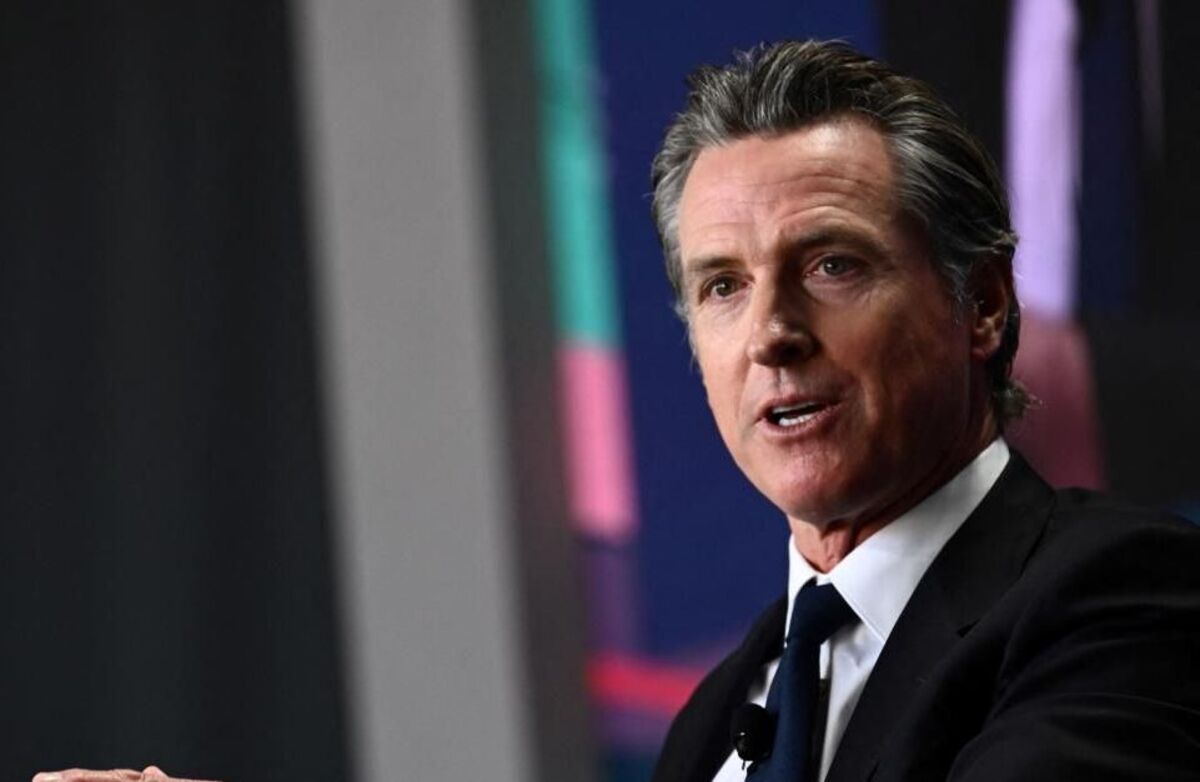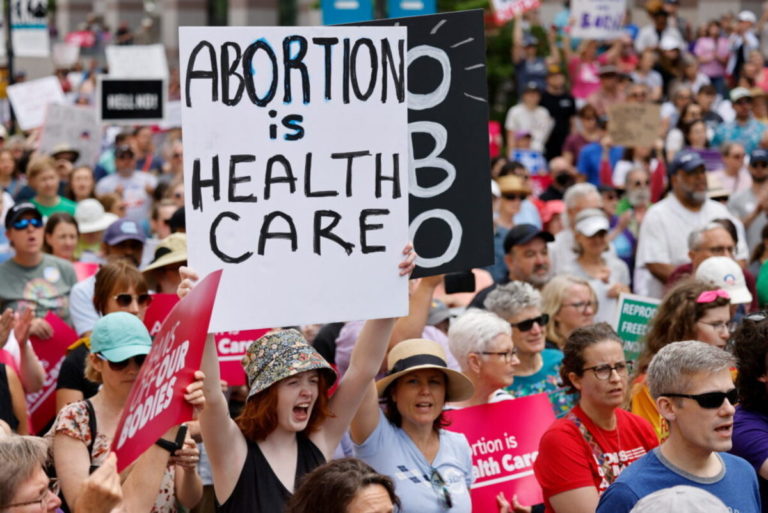California Health Care Workers Get Pay Raise: Newsom Approves Minimum Wage Increase
A bill signed by Governor Gavin Newsom would raise the minimum wage for California health care employees to $25 per hour.
Senate Bill 525, proposed by Los Angeles lawmaker Mara Elena Durazo, will ultimately raise hourly wages for health care workers in the majority of settings to $25. Proponents have argued that higher wages are essential for alleviating a workforce shortage that worsened during the pandemic as difficult working conditions prompted many individuals to leave their employment.
But until Friday, even those closest to the agreement were uncertain as to whether Newsom would sign it.
In contrast to a fast food labor agreement that Newsom helped broker, the governor’s office was not directly involved in wage negotiations between hospitals, clinics, and unions, and he routinely cites cost pressures in his veto messages. According to an analysis of a previous version of the measure, it would cost the state $1 billion annually.
“Today, California is putting an end to the hemorrhaging of our care workforce by ensuring health care workers can do the work they love and pay their bills,” said Tia Orr, executive director of SEIU California. “This is a huge victory for workers and patients seeking care.”
In the closing days of this year’s legislative session, hospitals, dialysis centers, and community clinics expressed their support for the increased wage. In exchange, SEIU agreed not to pursue ballot regulation of the dialysis industry for the next four years, putting an end to a recurring election battle between the two parties. A provision in the final measure stated that a statewide minimum wage for health care workers would supersede any local ordinances.
Robert Rivas, the new speaker of the Assembly, endorsed the minimum wage initiative, giving it a significant boost after publicly supporting the $25 wage early in his tenure.
A July analysis of an earlier version of the measure estimated that it would cost the state more than $1 billion annually.
The proposition was a top priority for SEIU, a powerful labor union that has fought hospital interests for years to secure a minimum wage for health care workers. A last-minute agreement with institutions fell through the previous year. The union also adopted a city-by-city strategy in Southern California, attempting to enact wage ordinances through city councils and local initiatives in the Los Angeles and San Diego regions.
The signature concludes a legislative season that was uneven for organized labor. Newsom rejected proposals to restrict the use of self-driving trucks and extend unemployment insurance benefits to striking employees, a proposal advanced during Hollywood walkouts.
Also Read:




